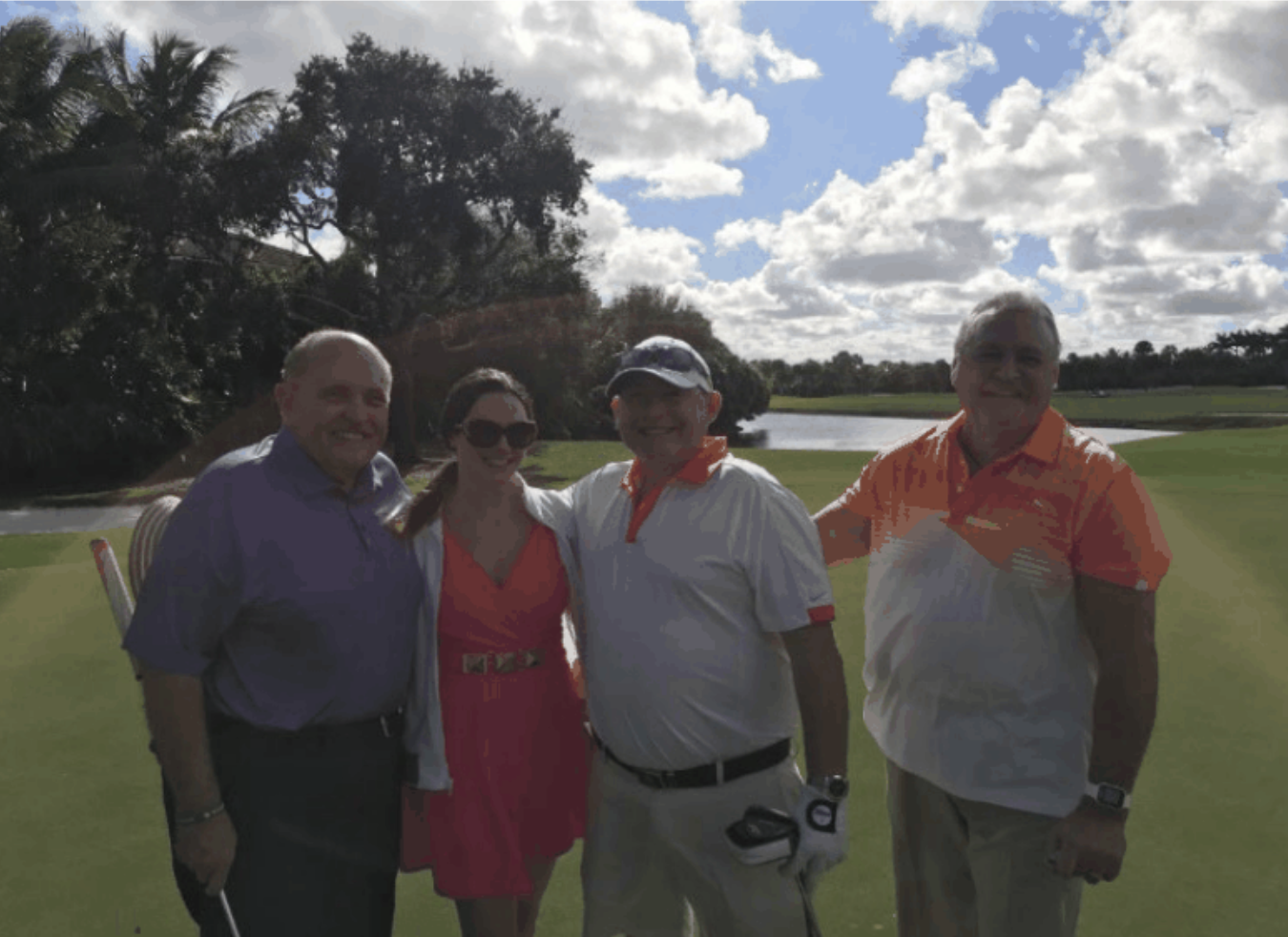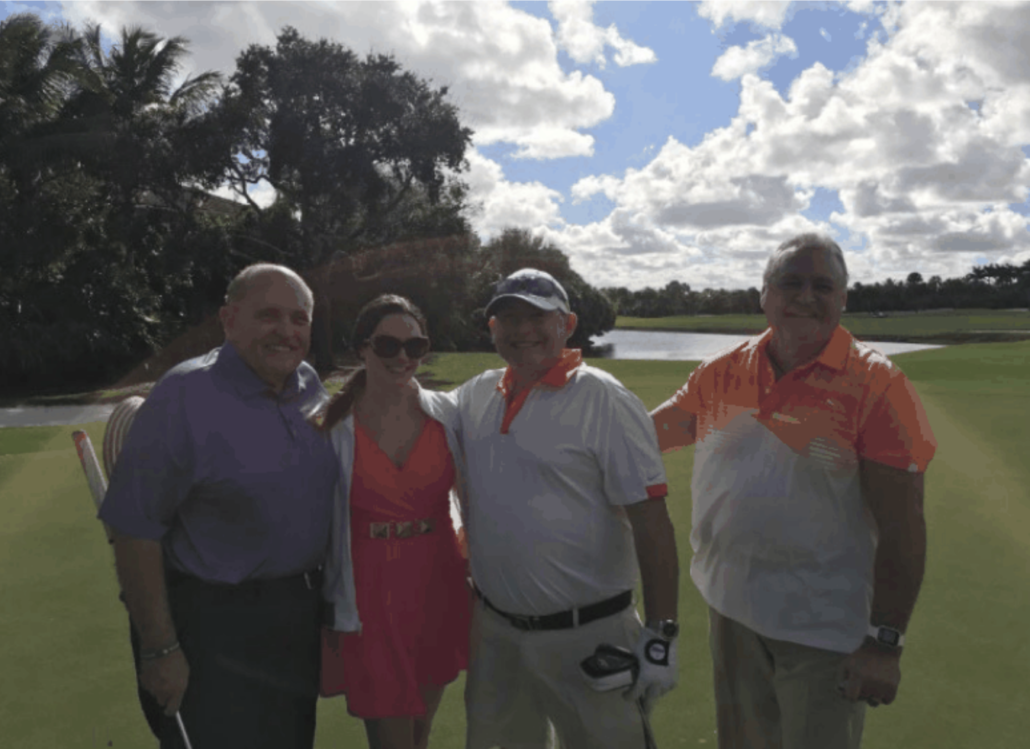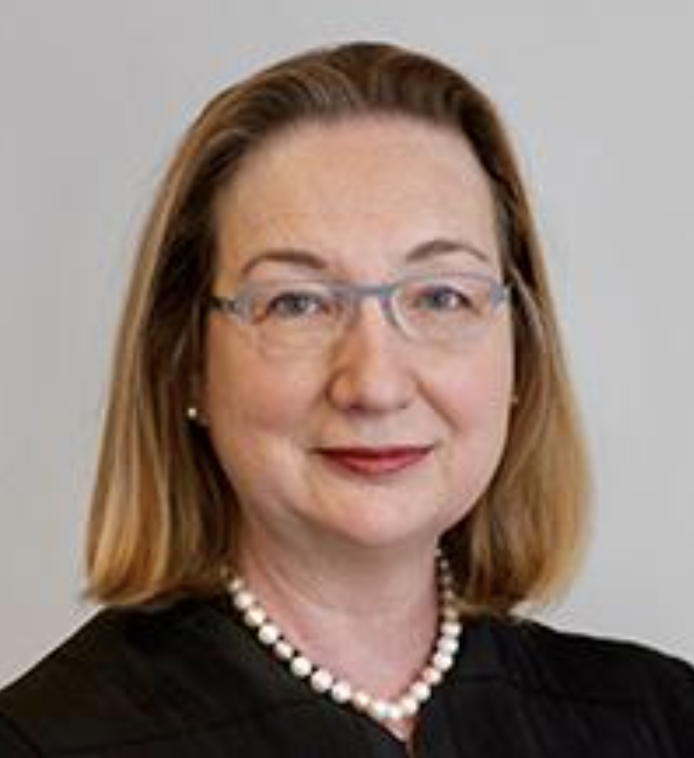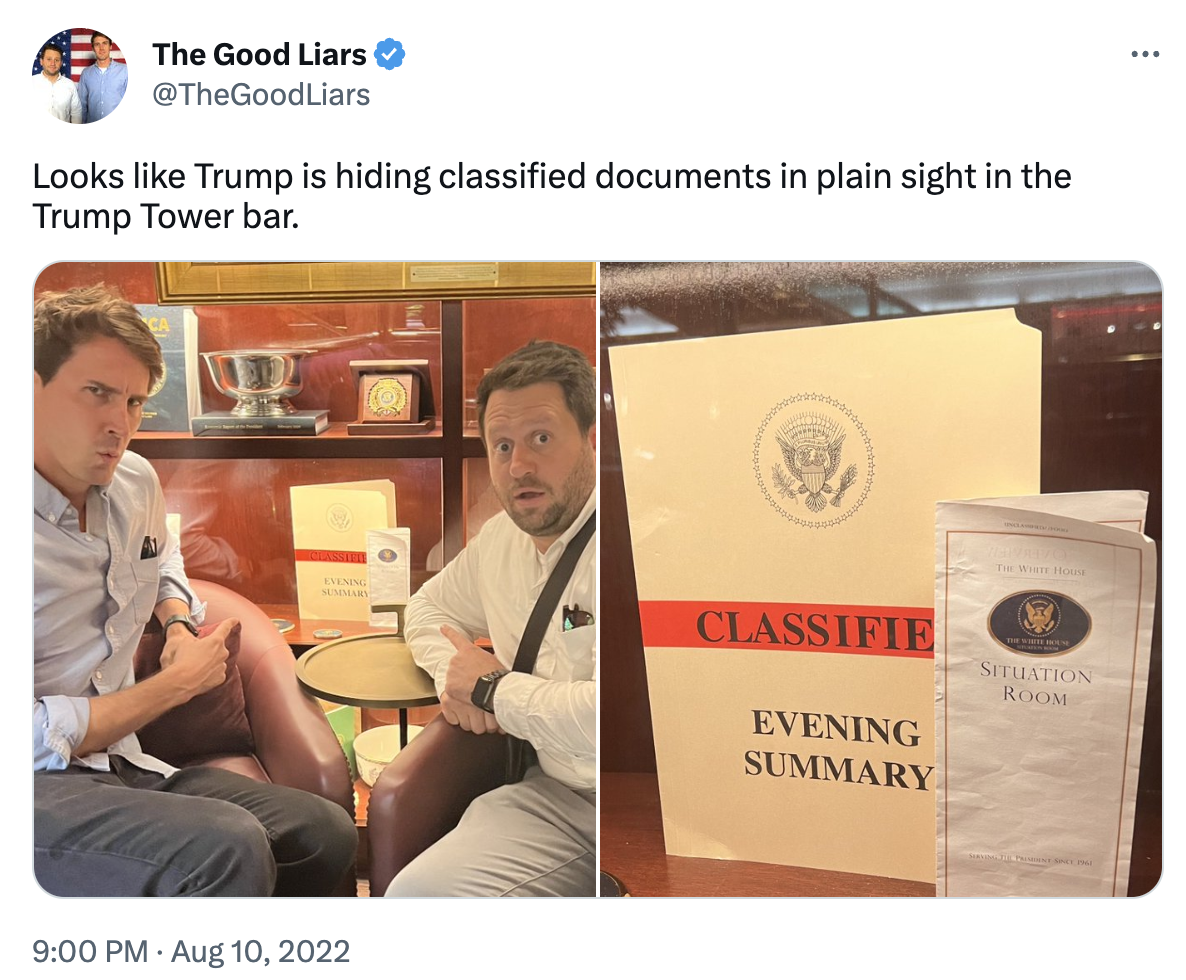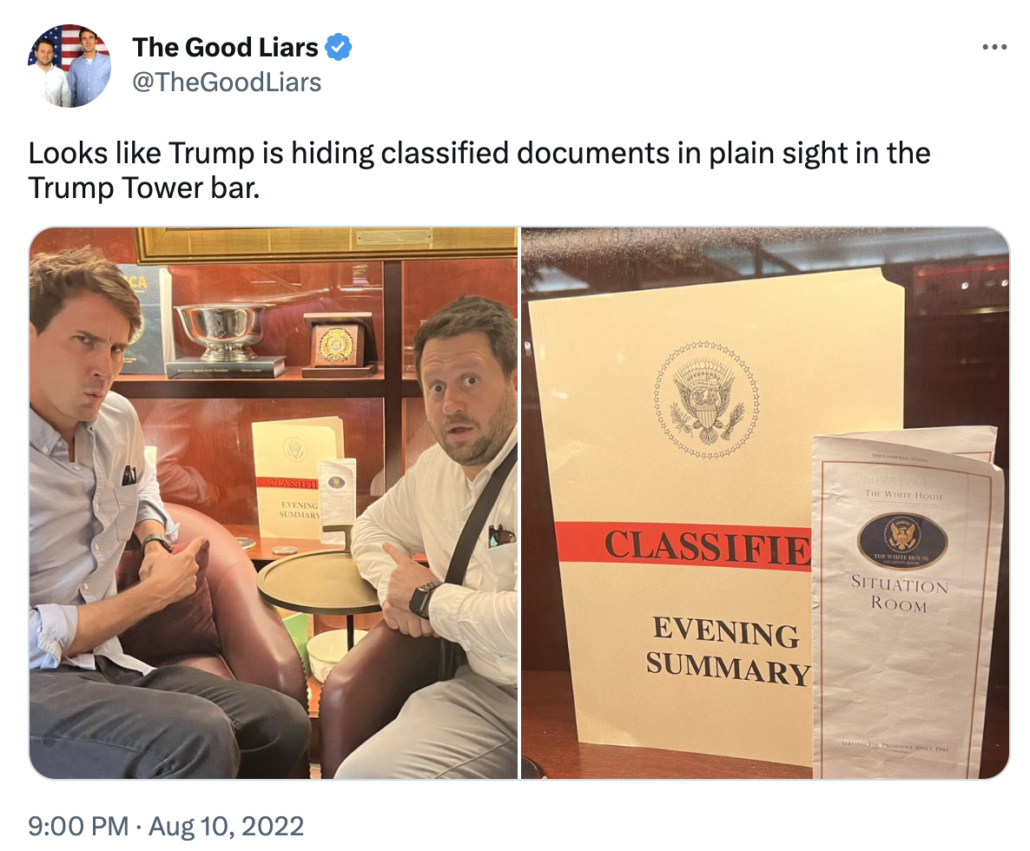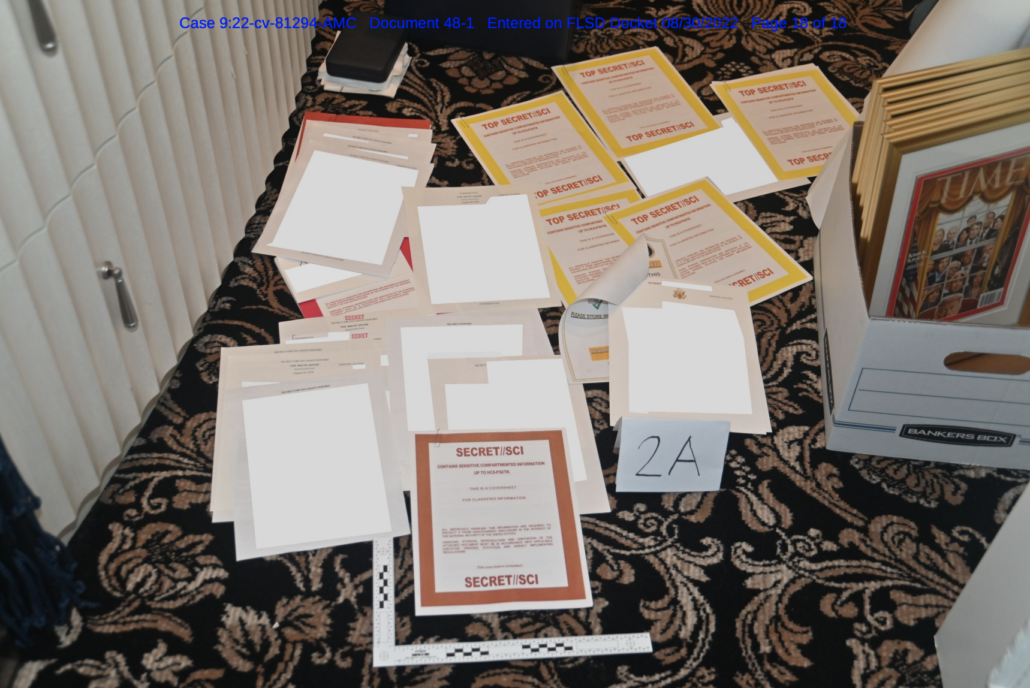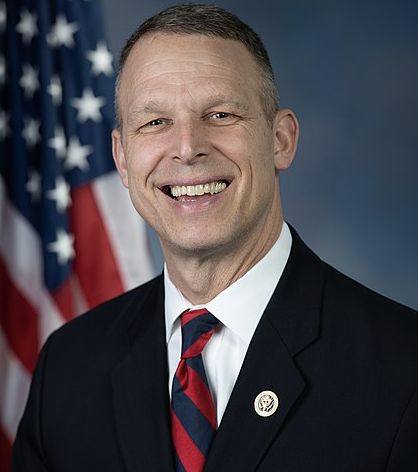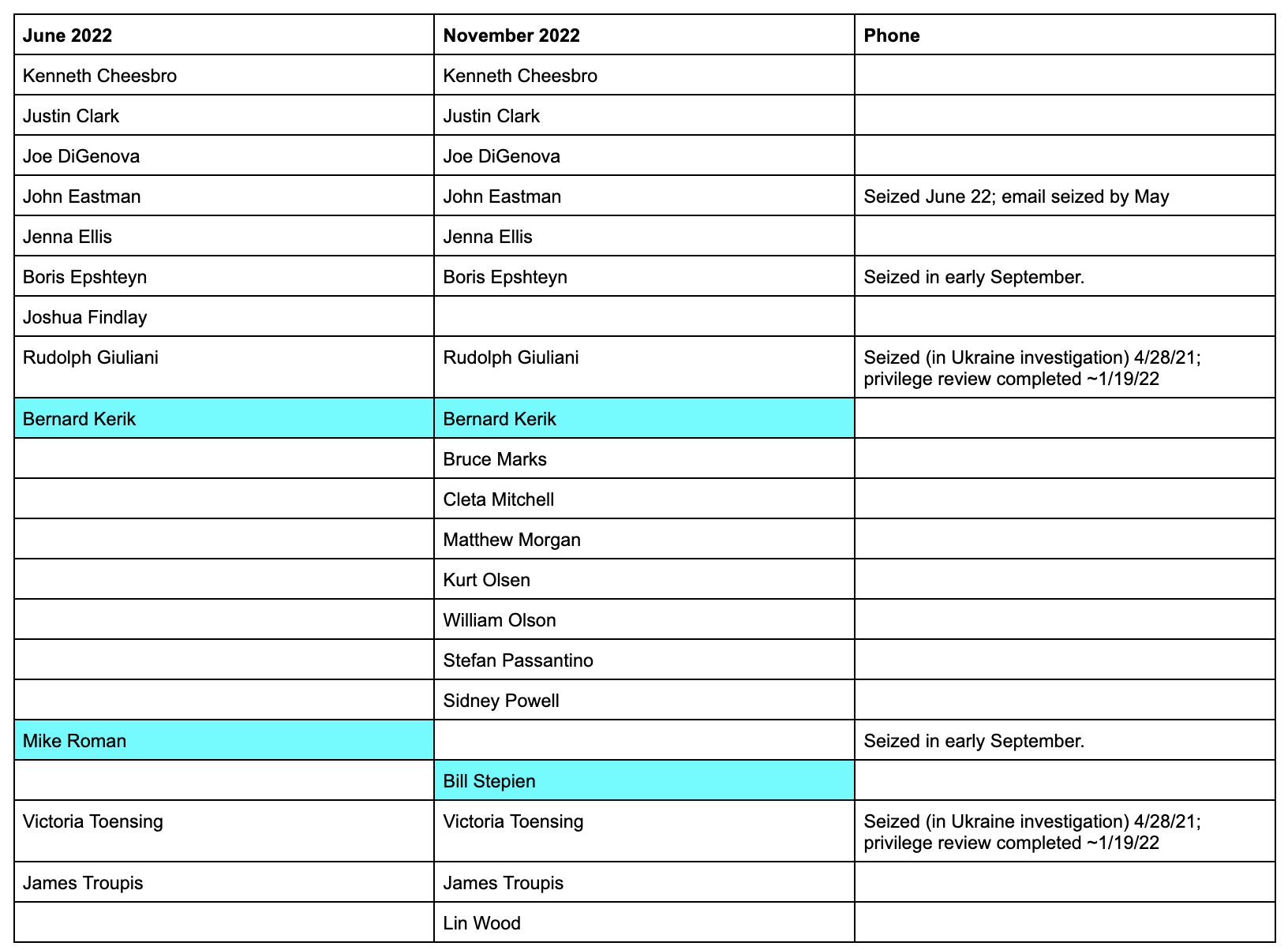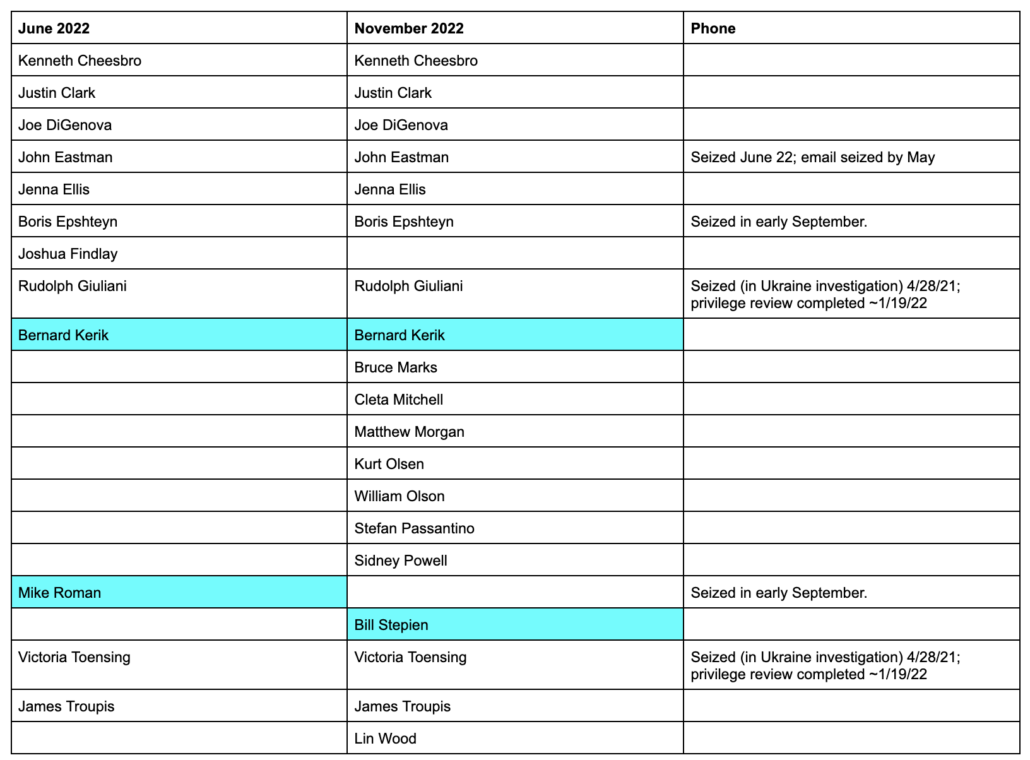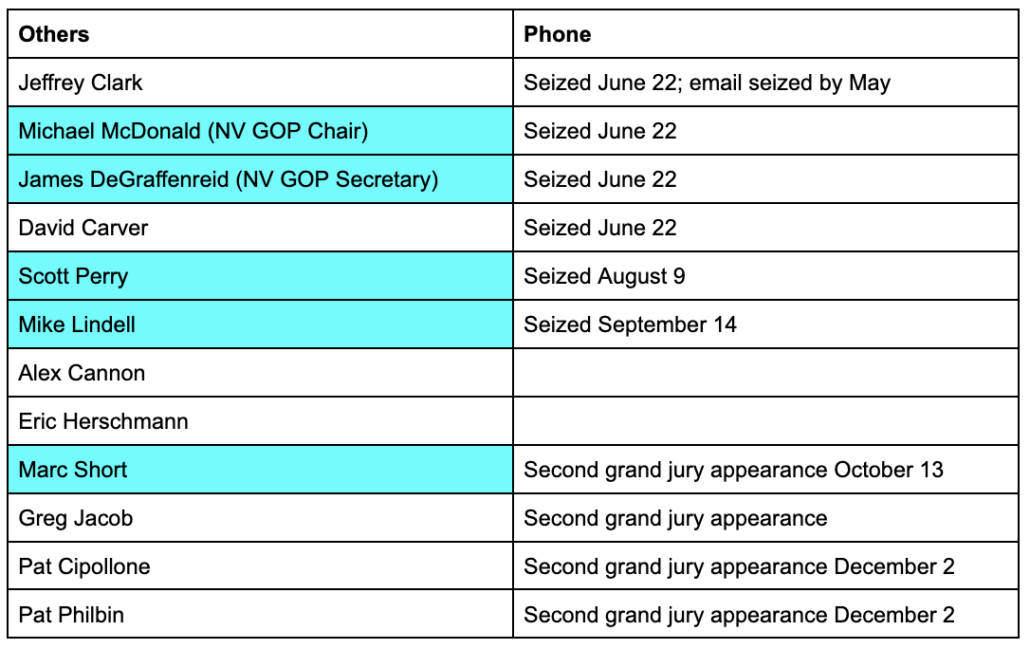Rudy’s Very Bad Week
Three things happened with Rudy Giuliani’s legal woes this week that could have larger repercussions.
As the Philly Inquirer reported, Bruce Castor, the sole noticed attorney in one of the voter fraud lawsuits against Rudy from 2020, asked to be relieved. The Inky lays out how people close to Trump asked Castor to sponsor Joseph Sibley Pro Hac Vice into Philadelphia, only to have Sibley refuse to sign something and then back out of the case, leaving Castor holding the bag. Castor complains that he hasn’t gotten paid and hasn’t gotten Rudy to cooperate at all on discovery.
But a more interesting detail may be that some unnamed lawyer recently contacted Castor to inform him he would pay for the representation, but would do nothing to secure cooperation from Rudy.
23. A lawyer, previously unknown to Petitioner, wrote to Petitioner portraying that he represented Mr. Giuliani, and Petitioner immediately inquired in a response writing when this lawyer would be assuming responsibility for defending the present case.
24. Instead, the lawyer wrote Petitioner that he would be coordinating funding for Defendants, that payment would be forthcoming, but that Defendants expected Petitioner to conduct their defense.
[snip]
26. Petitioner advised the lawyer, who contacted him to relate that funding for the Defendants was forthcoming, of the motion to compel discovery, and pleaded with him to solicit substantive cooperation from Defendants (since this lawyer evidently was in contact with Defendants), in addition to simply the payment of Petitioners’ fees. Petitioner also continued to contact Defendants directly to keep them informed of developments, such as the motion to compel, further demands for payment of the retainer, and to seek cooperation in the discovery process. Petitioner unequivocally threatened both the newly revealed lawyer who was promising funding, and Defendants that he would file the instant motion to withdraw if Defendants failed to comply with Petitioner’s demands by a certain deadline. [emphasis original]
This is a plea by Castor not to have to represent an uncooperative defendant for free. But it also reads like a plea by Castor not to force him to risk his legal reputation in a situation where shady lawyers call up out of the blue and promise to pay respectable lawyers to stall a case.
Sibley, the guy who was supposed to represent this case in Philly and who also represented Christina Bobb before the January 6 Committee, remains Rudy’s lawyer of record in Ruby Freeman’s lawsuit in DC, which I wrote about here. Depending on your vantage point, it either seems that Sibley is having as much trouble as Castor is getting Rudy’s cooperation, or that the lawyer has successfully stonewalled discovery so as to avoid increasing Rudy’s criminal liability.
I should say, had successfully stonewalled.
Yesterday, Judge Beryl Howell issued an order requiring certain cooperation from Rudy, including that he list all his devices, social media accounts, and financial assets on which he allegedly defamed Freeman and her daughter, Shaye Moss, with deadlines attached.
MINUTE ORDER (paperless): Upon consideration of plaintiffs’ [44] Motion to Compel Discovery, For Attorneys’ Fees and Costs, and For Sanctions (“Motion”), defendant’s [51] Response to Plaintiffs’ Motion to Compel, plaintiffs’ [56] Reply in Support of Plaintiffs’ Motion, and the parties’ representations to the Court in the proceedings held on May 19, 2023 regarding plaintiffs’ Motion, GRANTING plaintiffs’ Motion in part, and RERSERVING [sic] ruling in part.
Specifically, plaintiffs’ Motion is GRANTED as follows:
1) by May 30, 2023, defendant Rudolph W. Giuliani shall file a declaration, subject to penalty of perjury, that details:
a) All efforts taken to preserve, collect, and search potentially responsive data and locations that may contain responsive materials to all of plaintiffs’ Requests for Production (RFP);
b) A complete list of all “locations and data” that defendant used to communicate about any materials responsive to any of Plaintiffs’ RFPs (including, but not limited to, specific email accounts, text messaging platforms, other messaging applications, social media, devices, hardware, and any form of communication);
c) The specific “data” located in the TrustPoint database, including–
i) a list identifying the source devices from which the data was extracted or obtained;
ii) for each such device, the type of device (i.e., iPhone, Macbook, laptop, iPad, etc.) and user, if known;
iii) a list identifying any social media accounts, messaging applications, and email accounts from which the data was extracted or obtained; and
iv) for each such account and application, the account name and user; and
d) What searches, if any, have occurred as to both categories (b) and (c), see Plaintiffs’ [44-16] Proposed Order Granting Plaintiffs’ Motion; and
2) By May 30, 2023, in order to evaluate defendant’s claim of an inability to afford the cost of access to, and search of, the TrustPoint dataset or to use a professional vendor, either to access the original electronic devices seized from defendant by the Federal Bureau of Investigation in April 2021 and returned to defendant, or, alternatively, to conduct a search of the archived TrustPoint dataset, defendant is DIRECTED to produce to plaintiffs:
a) full and complete responses to plaintiffs’ requests for financial information in RFP Nos. 40 and 41; and
b) documentation to support his estimated costs for further searches on the TrustPoint dataset.
3) By June 16, 2023, plaintiffs are DIRECTED to submit to the Court an assessment of defendant’s ability to bear the cost of further searches, along with any response to defendant’s submission required under paragraph 1, above; and
4) By June 30, 2023, defendant shall file any response to plaintiffs’ submission required under paragraph 3, above.
The Court RESERVES ruling on the remainder of plaintiffs’ relief, pending the parties’ compliance with directions set out in paragraphs 1) through 4), above. Signed by Judge Beryl A. Howell on May 19, 2023.
In two weeks, if and when Rudy continues to stonewall, then Judge Howell will start imposing penalties on him.
The 3-hour hearing that led to this order was as interesting for the insane comments Rudy made outside the courthouse as anything else. The guy who helped Trump attempt a coup complained that he is being persecuted by fascists. And he claimed that he faces no legal risk from either the Jack Smith investigation or the Fani Willis one, in the latter of which he was already specifically named as a target.
Outside the courthouse following the hearing, Giuliani said he hadn’t received any communication from Justice Department Special Counsel Jack Smith’s office and wasn’t worried about federal charges since he cooperated with investigators immediately after the Jan. 6, 2021, attack on the US Capitol.
Asked if he had any pending federal grand jury subpoenas, he replied, “not that I know of.”
Regarding a separate probe into efforts by former President Donald Trump and allies to overturn Georgia’s 2020 election results by the Fulton County district attorney’s office, Giuliani said he wasn’t worried because he was serving as an attorney at the time. Last summer, his lawyer confirmed that they’d received notice Giuliani was a target of that probe.
He said on Friday that he hadn’t heard anything from that office since he appeared before a special investigative grand jury in August 2022; District Attorney Fani Willis recently indicated that charges could come later this summer.
Sure, Pops. A judge found crime-fraud exception over a year ago, and you’re in no danger because you’re a lawyer.
Side note: I find it interesting that Robert Costello, who represented Rudy in the Ukraine investigation and before the January 6 Committee and who was involved in the “Hunter Biden” “laptop” caper, has not sued Rudy for payment. He did sue Bannon, for what must be far less unpaid work. Maybe some shady lawyer showed up and found a way to pay Costello too?
Finally, against the background of 1) the lawsuits that Rudy appears to be attempting to stonewall for free, 2) the twin criminal investigations that are expected to start issuing indictments no later than August, and 3) Trump’s attempt to win the presidency again, a former Rudy associate, Noelle Dunphy, filed a lawsuit against Rudy for sexual assault and harassment and unpaid labor going back to 2019.
This lawsuit is — and it is designed to be — eye-popping, alleging lots of drunken coerced sex, some bigotry and kink caught on tape, as well as allegations that implicate Trump just in time for campaign season.
Just as one example, Dunphy makes an allegation that exactly matches a John Kiriakou claim about Rudy selling pardons for $2 million, but unlike some of her other allegations, she doesn’t claim to have proof.
132. He also asked Ms. Dunphy if she knew anyone in need of a pardon, telling her that he was selling pardons for $2 million, which he and President Trump would split. He told Ms. Dunphy that she could refer individuals seeking pardons to him, so long as they did not go through “the normal channels” of the Office of the Pardon Attorney, because correspondence going to that office would be subject to disclosure under the Freedom of Information Act.
And the allegation is not tied, in any way, to the complaints in the lawsuit. But it is one thing that has ensured the lawsuit will attract a lot of attention.
I’m sure many of the claims made in this suit are true, but packaged up as it is, it feels too convenient, just like the “Hunter Biden” “laptop.”
What makes that analogy even more apt, in my own humble opinion, is that the period during which Dunphy most credibly claims to have had damaging contact with Rudy largely overlaps with the period in which Rudy was hunting dirt in Ukraine to help Trump win the presidency, from January 21 through November 2019. She claims to have reviewed his interview with Viktor Shokin as well as his plan to accuse Marie Yovanovitch of corruption. Throughout that period, she claims have been involved in the shady pitches he received. One of those pitches — one she recorded! — involved a $72 billion gas deal in China.
See what I mean about how it feels like the “Hunter Biden” “laptop”?
Meanwhile, she suggests she’s a first-hand witness to matters that were part of the Ukraine investigation into Rudy, and that Rudy coached her to obstruct justice. She says she and Rudy discussed whether he had an obligation to register under FARA — and as proof, she included a photo from a February 9, 2019 meeting with Lev Parnas.
A week later, she claims, after reviewing the emails he had exchanged with various Ukrainian officials, she offered to file a FARA registration for Rudy, but he declined because, he said, he had immunity.
Perhaps most incredible, she claimed that in June and July of 2019, the guy who had just spent a year helping Trump dodge obstruction of justice charges, “asked Ms. Dunphy for help Googling information about obstruction of justice, among other topics.” I don’t doubt that that search exists in her Google account, but I do question whether it got there in the way she describes.
That same period, she claims, is when he first instructed her not to talk to the FBI about him — at a time when the investigation into Parnas and Igor Fruman was not yet public.
Dunphy claims that on October 22, 2019 — after the arrest of Parnas and Fruman but at a time when (at least according to SDNY’s subsequent claims) the investigation into Rudy was not overt — the FBI called and asked for an interview.
209. On October 22, 2019, Ms. Dunphy received a voicemail from the FBI regarding an investigation they were conducting into Giuliani. The FBI was apparently aware that she was working for Giuliani and sought to interview her. The FBI was clear that Ms. Dunphy was considered a witness and was not a target of the investigation.
Nowhere in this 70-page lawsuit does Dunphy say whether she ever was interviewed about all the things she witnessed firsthand when Rudy was soliciting dirt from Ukraine. She does say that within a month, on a day when the FBI showed up in person seeking an interview, Rudy promised to put her on his payroll, seemingly tying that payment to her willingness to claim she didn’t know who he was.
210. On November 19, 2019, Ms. Dunphy went to Giuliani’s home office, and they spoke. Giuliani promised Ms. Dunphy that he would officially put Ms. Dunphy on the books and would “straighten it [i.e., her employment situation] out.” Giuliani and Ms. Dunphy discussed Giuliani’s increasing legal concerns, including his fear that Lev Parnas was “turning on him” in connection with the FBI investigation. Ms. Dunphy told him that the FBI had come to her family’s home in Florida that day seeking to question her. Giuliani informed Ms. Dunphy that his friend and private detective, Bo Dietl, had already told him the specific FBI agents who were involved. Ms. Dunphy was concerned that Giuliani was apparently so powerful that his investigators had secret information, including the names of the FBI agents who had just appeared at her family’s Florida home. Giuliani demanded that Ms. Dunphy not talk to or cooperate with the FBI. Giuliani told Ms. Dunphy that they are all “after him” and that one or two of them are “going to get totally destroyed.” This situation made Ms. Dunphy confused and fearful, and added another layer of tension to a work environment that was already outrageously hostile.13
13 From this point on, Giuliani often spoke to Ms. Dunphy about he FBI’s investigation of him, and Ms. Dunphy understood that participating in these discussions was part of her work for him. He told her that if the FBI sought to interview her, she should “not remember” anything, and should claim that she did not know Giuliani. Ms. Dunphy refused to agree to lie to the FBI, which angered Giuliani.
It’s certainly possible that Bill Barr’s very active obstruction of the investigation at that point — an effort to stave off impeachment, though Dunphy doesn’t mention impeachment — led the FBI to decide not to interview her. But that wouldn’t explain why the FBI wouldn’t interview her in 2021, when the investigation did become overt.
At one level, this lawsuit seems more like an offer to testify to the FBI at a time (have I mentioned there’s an election coming up?) when the statutes of limitation still have a year before they expire.
At another, it’s an implicit threat.
Close to the beginning of the lawsuit, Dunphy reveals that — whether because he thought it’d be a good idea or because he got really drunk and did something stupid — Rudy accessed his work email account from her computer, giving her access to a his email correspondence with a whole lot of corrupt people.
93. Therefore, Giuliani added one of his work email accounts into Ms. Dunphy’s email program on her computer, typing his password onto her computer.
94. Once Giuliani’s email account was loaded onto Ms. Dunphy’s computer, at least 23,000 emails associated with the account, including many from before her employment with Giuliani, were stored on her computer.
95. Since Giuliani gave Ms. Dunphy access to his email account, she had access to information that was, upon information and belief, privileged, confidential, and highly sensitive.
96. For example, Ms. Dunphy was given access to emails from, to, or concerning President Trump, the Trump family (including emails from Donald Trump, Jr., Ivanka Trump, and Eric Trump), Trump’s son-in-law Jared Kushner, former FBI director Louis Freeh, Trump lawyer Jay Sekulow, Secretaries of State, former aides to President Trump such as Steve Bannon, Reince Priebus, and Kellyanne Conway, former Attorneys General Michael Mukasey and Jeff Sessions, media figures such as Rupert Murdoch, Sean Hannity, and Tucker Carlson, and other notable figures including Newt Gingrich, presidential candidates for Ukraine, President Recep Tayyip Erdogan of Turkey, the Ailes family, the LeFrak family, Bernard Kerik, Igor Fruman, Lev Parnas, and attorneys Marc Mukasey, Robert Costello, Victoria Toensing, Fred Fielding, and Joe DeGenova.
97. Ms. Dunphy understood that she was given access to these emails because she was employed by Giuliani and the Giuliani Companies. Indeed, although Giuliani and his surrogates have argued that Ms. Dunphy was not an employee of Giuliani or the Giuliani Companies, it is impossible to understand Giuliani’s decision to give Ms. Dunphy complete access to (and copies of) these sensitive emails in any other context.
98. As a lawyer, Giuliani sent and received emails containing privileged information that could not legally be shared with Ms. Dunphy if she were not an employee or consultant. Likewise, Giuliani’s business often involved highly confidential information, and upon information and belief, there were confidentiality and nondisclosure agreements governing access to some of this information. Upon information and belief, those agreements barred Giuliani from sharing covered confidential information with someone who was not an employee or consultant.
99. Giuliani never asked Ms. Dunphy to sign a non-disclosure or confidentiality agreement.
Dunphy suggests she continued to have access to Rudy’s emails and his social media accounts — the very same social media accounts he is trying to hide from Ruby Freeman — through January 31, 2021.
And, as she notes, Rudy never asked Dunphy to sign a non-disclosure agreement about all this.
The FBI may be seeking this information. Several plaintiffs, including Freeman, definitely are (Dunphy also helpfully includes a summary of the property he owns, including five homes). And nothing prevents her from sharing it with them unless Rudy retroactively claims she was an employee, covered by non-disclosure obligations, through this entire period, with the $2 million payment she claims he promised her to go along with that nondisclosure agreement.
Not just Rudy — but also the entire Trump family (have I mentioned there’s an election coming up?), Rupert Murdoch and some of his star current and former employees, as well as a bunch of lawyers who’ve been involved in some shady shit — all of them have an incentive to retroactively make her status as an employee official, so that she won’t release these communications.
Many of these very same emails would have been unavailable to the FBI under a privilege claim, but unless Dunphy is an employee, then she can hand them over because Rudy waived privilege over them. I can’t decide whether I’m more interested in seeing the emails that might show Jay Sekulow alerted Trump to the false claims that were made on his behalf during the Russian investigation, or the ones that show Hannity was about to board a plane to meet with a mobbed up Russian asset in support of Trump’s 2020 election bid. But if I know of specific emails I’d like to see, then the people named in paragraph 96 surely do as well.
And that, I think, is the point — perhaps a bid to invite some unnamed lawyer to call her, too, to say he can fund certain things.
But such an unnamed lawyer will need to get there before Ruby Freeman does.

